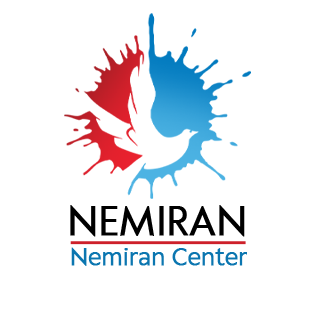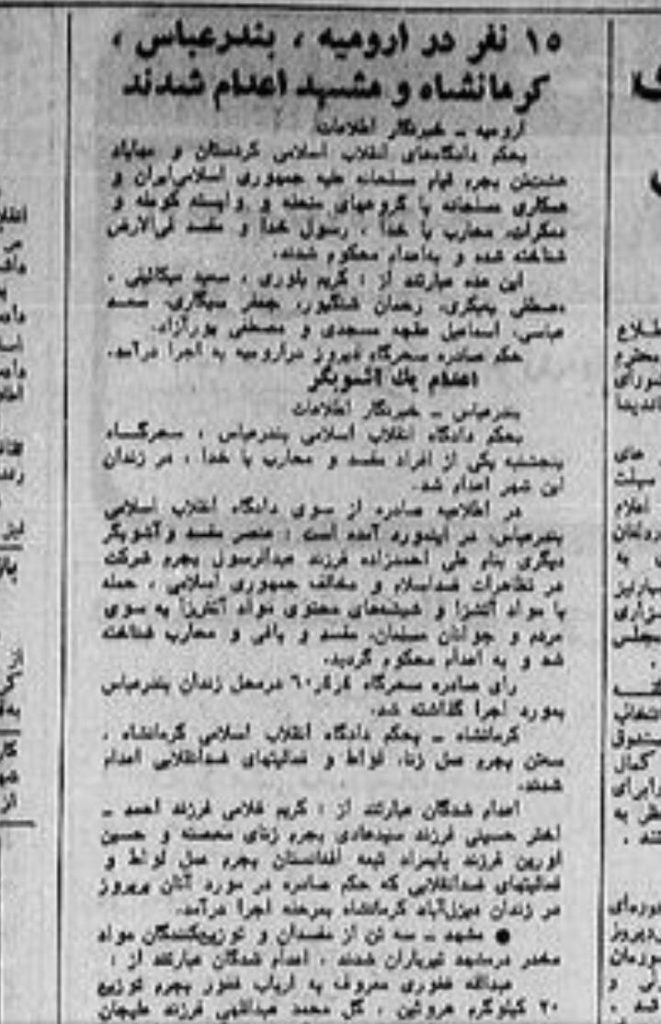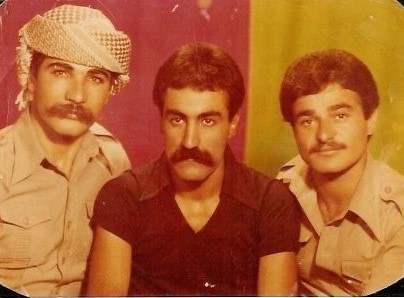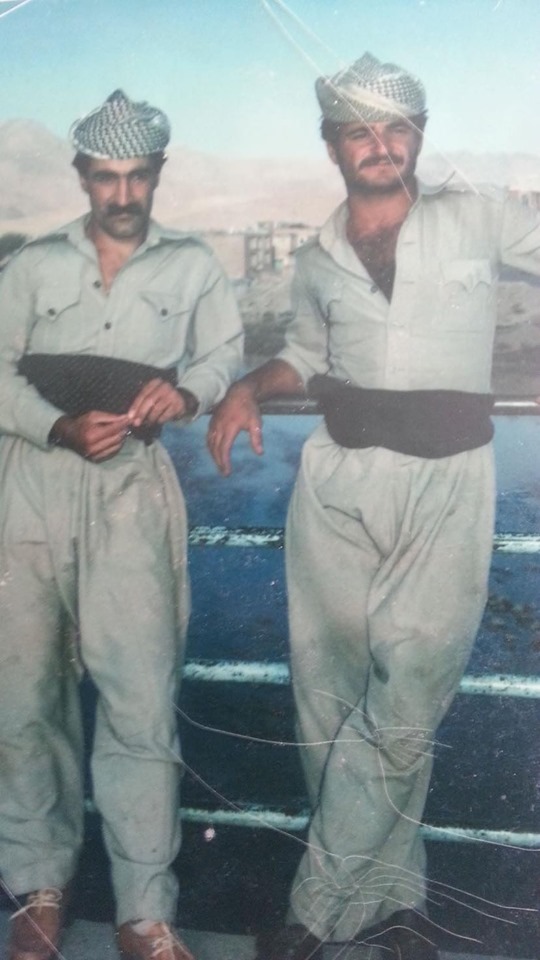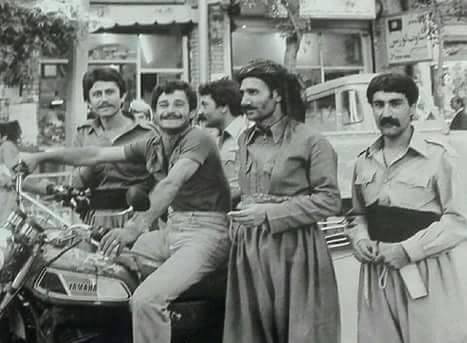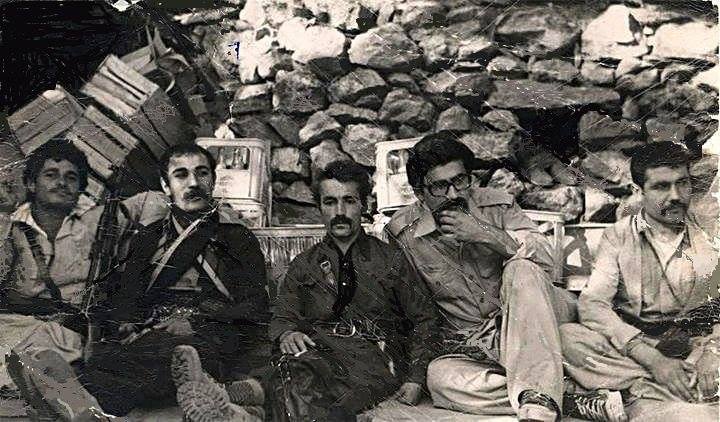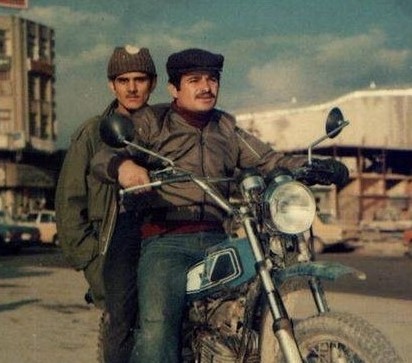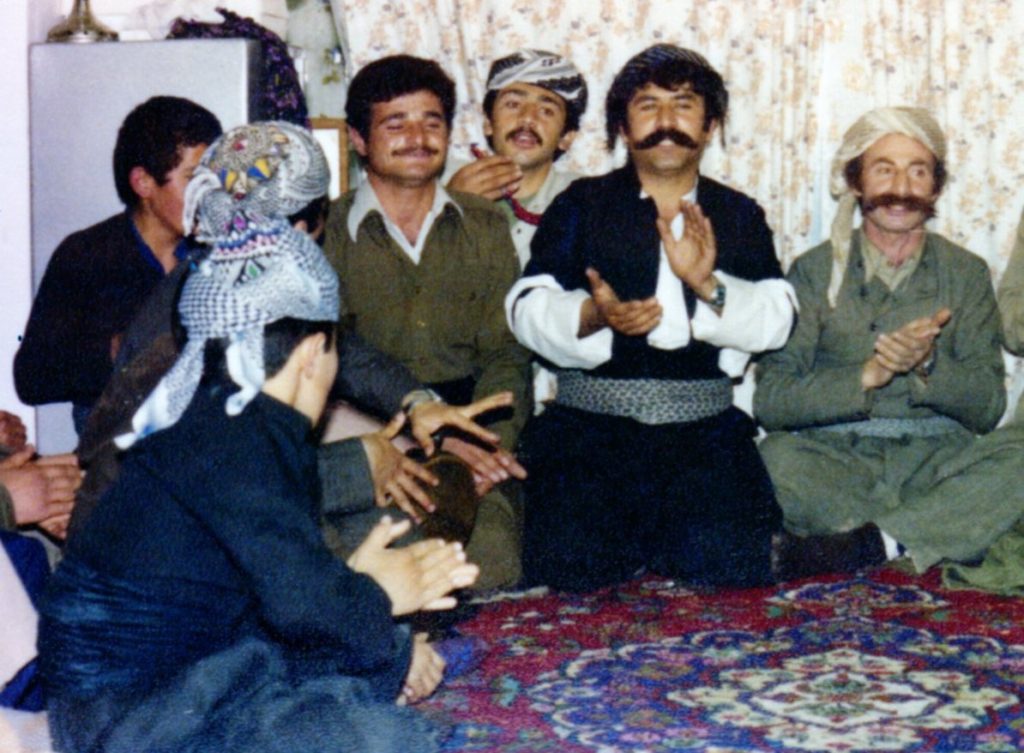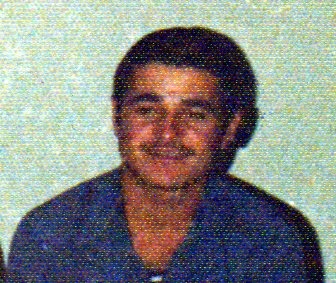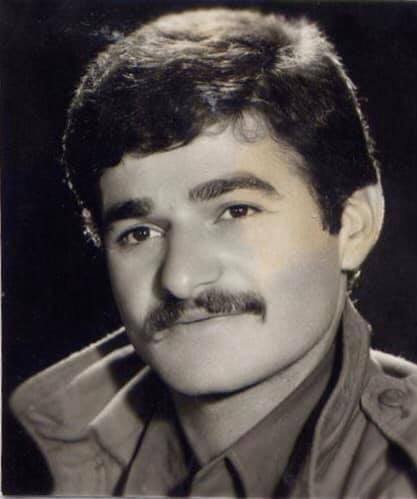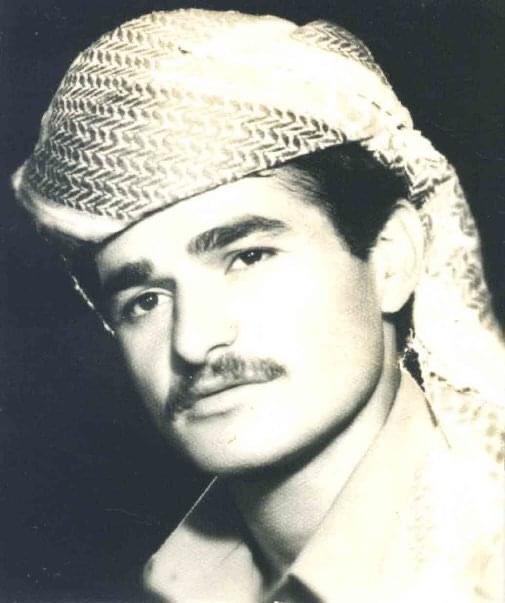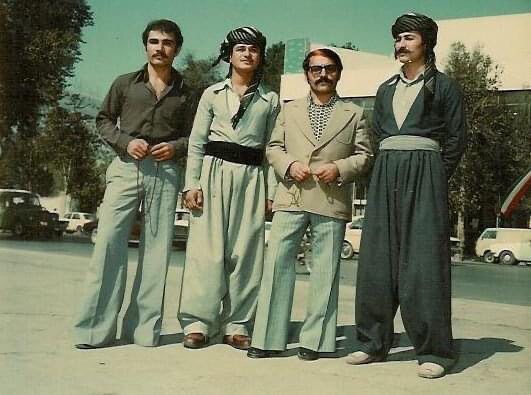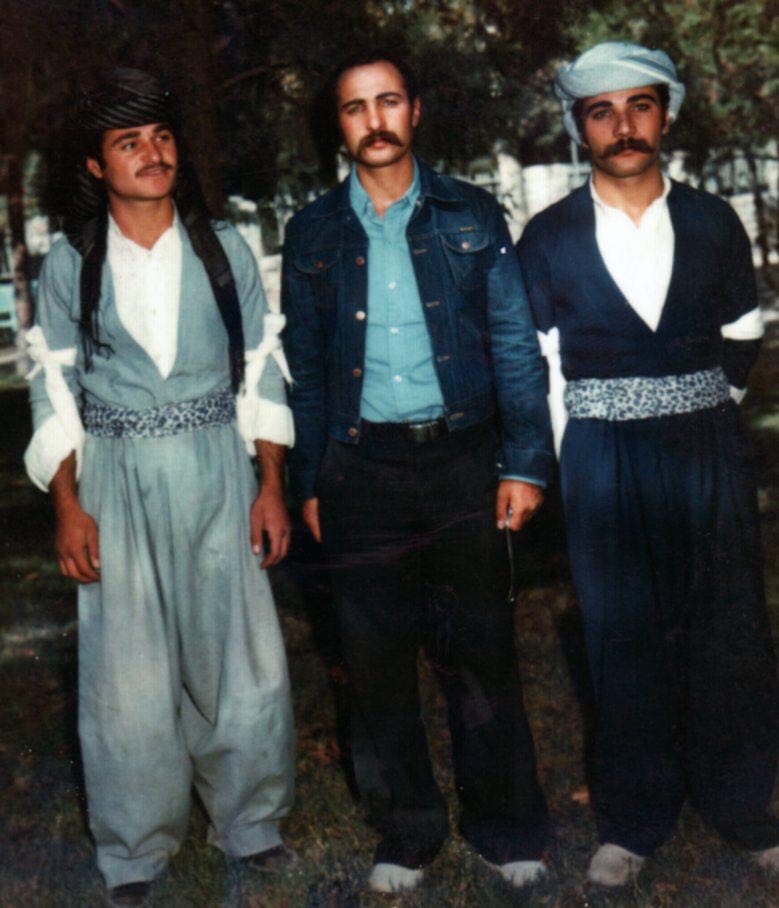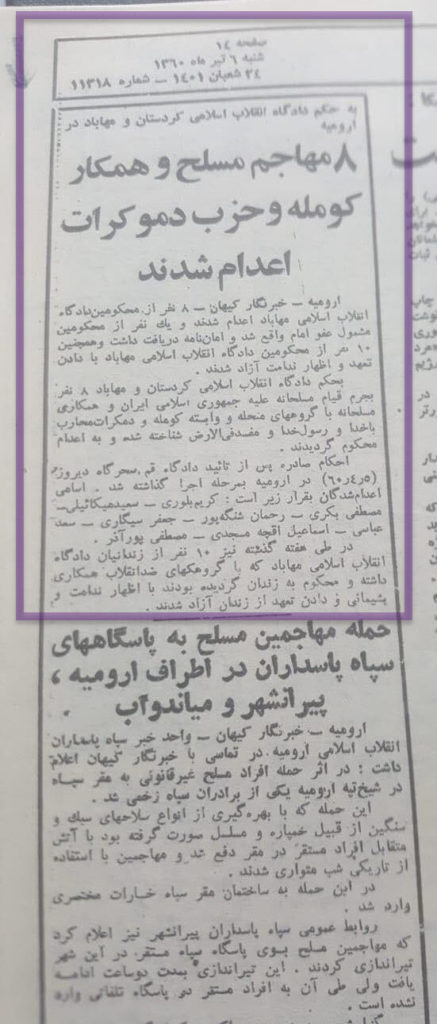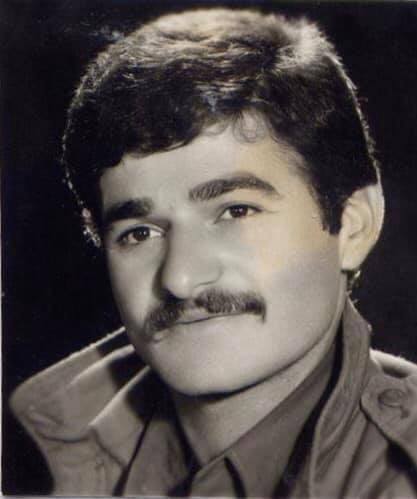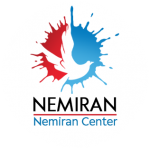On Thursday, June 25, 1981, the Islamic Republic of Iran shot eight young men from Mahabad in the prison of Revolution Guards in Orumiya. The names of these loved ones are listed here:
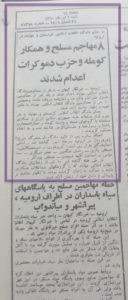
1. Karim Boluri
2. Hamed Mostafapour (Hamed Shahrikandi)
3. Saeed Mikaeli
4. Mostafa Dehbokir
5. Rahman Shenghepour
6. Jafar Sigari
7. Saad Abbasi
8. Ismail Taqcheh Masjedi
These loved ones were sentenced to death without any court formalities. Karim Boluri was born on 25.02.1336 iranian date, May 15, 1957 in the city of Mahabad to a well-known family.
He learned humanity and helping people at an early age from a loving family, his kind mother and hardworking father. He continued his education until the second grade and after leaving school he went to Abadan. He learned to sew with his uncle Mahmoud Aghaei and after a while he returned to Mahabad. After returning to Mahabad, he worked with Rashid Jodaei in construction and plumbing. He continued this job until 1356 iranian calender (1975). In this year, he was called up for military service and finished his military service in Isfahan.
He met many people during his military service. A new phase in his political life began. This artist’s youth coincided with the beginning of the activities of the revolutionaries during the Pahlavi era against oppression. Kurdistan was undergoing significant activities too. It had a great impact on the beginning of Karim’s activities and founded the basis of his struggle at that time. He participated in most of the demonstrations and rallies and sang revolutionary songs loudly and encouraged the people to protest against Shah. At that time, Aziz Yousefi, one of the Mahabad political activists who had spent many years in the imperial prison, died. His funeral was accompanied with revolutionary songs.
The day after, SAVAK – Shah’s Intelligence Service- arrested Karim and 41 other persons who had attended the funeral. He was tortured. Six weeks after his release from prison, he continued his activities more firmly and steadfastly. People’s activities against Shah were rampant throughout Iran and Kurdistan. He continued his political and cultural activities with all his power. Dissemination and reproduction of leaflets, propaganda against Shah’s regime, encouraging people to protest, planning demonstrations and rallies were his activity fields. Karim, along with several artists, including Aziz Shahrokh, Jamal Mufti and Mikael Jahan Mihan, chanted slogans and chanted revolutionary songs during rallies in Mahabad at the end of Shah’s regime. They expanded their activities tirelessly day by day. The struggle and the daily activity against ignorance were their way of life.
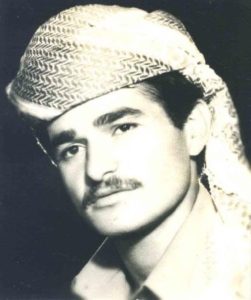
The enthusiasm and activity in the field of art and politics and encouraging people to fight against the Pahlavi monarchy in Kurdistan and Iran were the result of the efforts of Karim and all freedom fighters who overthrew Shah’s regime in 1978. After people’s uprising and the overthrowing the monarchy and establishing the Islamic Regime of Iran, the way of struggle changed. Kurdish people rejected the regime of ignorance and superstition and the Revolutionary Guards started attacking Kurdistan. Life changed completely. Attacking Kurdistan with heavy weapons and executing innocent people forced Karim and a large number of people to fight against the bloodthirsty Islamic Regime. In those days, Karim like many young Kurds, was forced to take up weapons and fight against the regime in the people’s revolutionary stronghold. Being a Peshmerga and being away from his family and the difficult conditions of that time did not affect Karim’s artistic activities.
He sang several revolutionary songs and melodies with his resounding voice. All his songs and poems were a sign of resistance, activity and efforts of Kurdish people.
Karim came to Mahabad to move art supplies on April 2th 1981. After identifying him, regime agents pursued and arrested him. He was trapped and arrested in a dead end despite his remarkable resistance against the traitors and the Revolutionary Guards. He was quickly transferred to prison. Torture and death threats did not discourage him from his revolutionary goals. According to his friends in prison, his songs were hope for the prisoners. He fought in this way till his last breath. He was able to teach his fellow prisoners the lesson of endurance and struggle in prison. On July 26 1981, after three months of torture and resistance against the demands of the regime, Karim and seven other comrades were executed. Karim’s mother Halima went to Orumiya Prison to visit him. She was informed about her son’s death. She asked them to hand over Karim’s body, but the regime refused to hand over his body. Karim’s mother told them either to kill her or to hand over her son’s body. Finally after a few hours, she was allowed to bury him there in the cemetery under the condition not to cry. She buried her beloved son with her own hands and returned home one day later mourning and sharing her pain with the people of the city and her relatives.
Karim’s death and the subsequent execution, killing and imprisonment of a large number of people in Kurdistan have not yet been able to weaken the roots of the revolutionary resistance of the Kurdish people. Kurdish people are continuing their struggle against the murderous and bloodthirsty regime of the Islamic Republic more and more vividly than before, until overthrowing the fascist regime of Iran. His songs, either those which were broadcasted and those not broadcasted due to lack of possibility, are heard every day at the headquarters of Kurdish parties and in people’s homes. The memory of Karim and the seven young men who sacrificed their lives to free and enlighten Kurdish people will be honored.
The names of these immortals Mahabadian combatants who were shot dead in the prison of Revolutionary Guards in Orumiya on June 25th 1981 have been published in the daily Newspaper Ettelaat.
